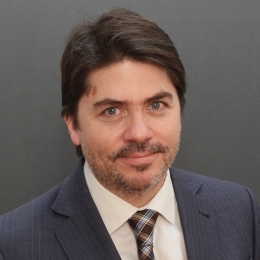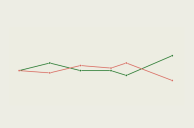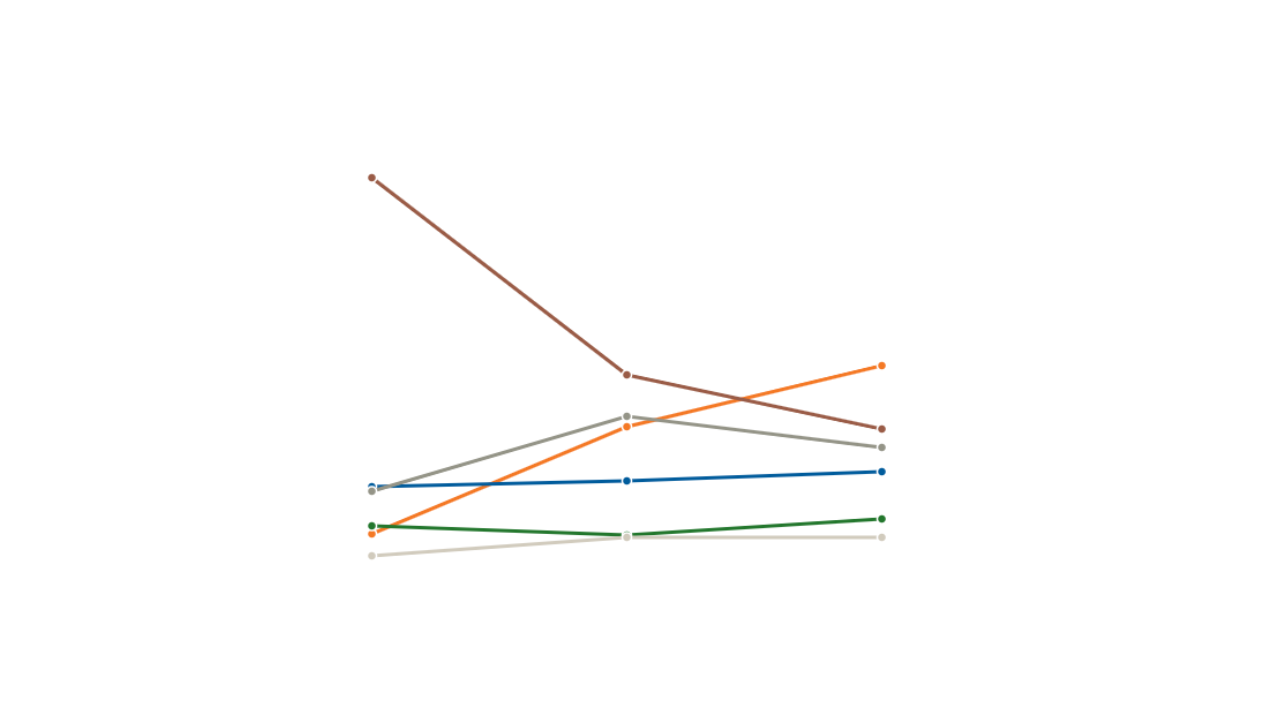AS/COA Insider: Juan Cruz Díaz on the 2025 Buenos Aires Provincial Election
AS/COA Insider: Juan Cruz Díaz on the 2025 Buenos Aires Provincial Election
“This is a very good data point for how the government is perceived right now,” says the AS/COA special advisor, speaking on the ruling party’s defeat.
On September 7, voters in Buenos Aires Province, representing 40 percent of Argentina's electorate picked local legislators. In doing so, they handed the president's political party a loss—and just weeks before the national legislative midterms on October 26. The opposition Peronist party, led by Governor Axel Kicillof, captured 47 percent of the vote, while President Javier Milei’s Liberty Advances party secured 34 percent of the vote.
That doesn't mean we can call the the midterms yet.
“The biggest loser is certainly the president’s party,” says Juan Cruz Díaz, managing director at Cefeidas Group and special advisor at AS/COA. “But I would say we need to wait several weeks until the general election in October to judge the government’s popularity. I think the government might recover some space if they adjust and recalculate a few things.” He explains motivations for the results, Milei’s reaction, and what to expect leading up to the midterm.
- To speak with an expert on this topic, please contact mediarelations@as-coa.org.

AS/COA Online: Who would you say were the big winners of the night? Who were the big losers?
Juan Cruz Díaz: First of all, I would say that pollsters had the worst night. Very few or basically none of the pollsters predicted that this was going to happen. It was expected to be a tighter race.
I think the big winner of the night is Axel Kicillof, the Peronist governor of Buenos Aires Province. He took a big bet because traditionally, these elections are done at the same time as national elections. Kicillof, who advocated for this detached date, had a fight with fellow Peronist Cristina Fernández de Kirchner, who wanted to keep this election tied to the October midterm. In the last several months, Kicillof has been disputing the leadership of Fernández de Kirchner within the Peronist movement, so this victory marks an internal win for Kicillof. It positions him very well as the most salient competitive figure in the party to counter the national government and President Milei in the coming elections next year.
The biggest loser is certainly the president’s party, Liberty Advances. No one in the party expected this level of defeat. In the last several weeks and months, there have been a lot of internal fights within the president's party that were exacerbated by a series of corruption allegations. This result also affects the perception of the president's sister, Karina Milei, who was in charge of organizing the party for this election. There are other forces within the president's party that will probably gain more power.
What do you make of the Peronists' performance?
Díaz: I think the non-Peronist sectors have traditionally committed the same mistake every time for the last 80 years. When the Peronist party loses an election or is in some trouble or after a bad government, they decide that the Peronist party will cease to exist. Every time that they've done that, they failed. The Peronist party is deeply rooted in Argentine culture and society. So, I think it's a mistake to aim for the extinction of one party.
What helped them succeed? In part, people are not feeling the effects of Milei’s reforms. Some people are disenchanted and some people just wanted to vote for an alternative to the force in power.
What does this result tell us about Milei’s popularity? Should we anticipate a shift in his political strategy?
Díaz: I think this is a very good data point for how the government is perceived right now. But I would say we need to wait several weeks until the general election in October to judge the government’s popularity. The government’s strategy in the Buenos Aires election was declaring, “This will be the end of Kirchnerismo.” It was polarizing and I don’t think it worked that well. Now, we might see some signs of Milei and his party trying to recalculate and adjust the strategy both at the political and the economic level to make some gains in the general election.
Remember, the general election in October will be held in all provinces, including many where the president has better chances of winning. Buenos Aires Province, after all, is a traditional Peronist stronghold.
Even with these results, the president has said he won't change the economic direction of his plan. So I think that that was probably a sign of reassurance to some of the economic agents and investors that are trusting the government’s direction. However, this morning, the chief of staff recognized that some of the macroeconomic improvements that the government perceives they have achieved are yet to be felt in the general population.
They need to work to give a sense in the normal lives of many Argentines that things are improving.
In his third year in office, how is the libertarian leader faring?









